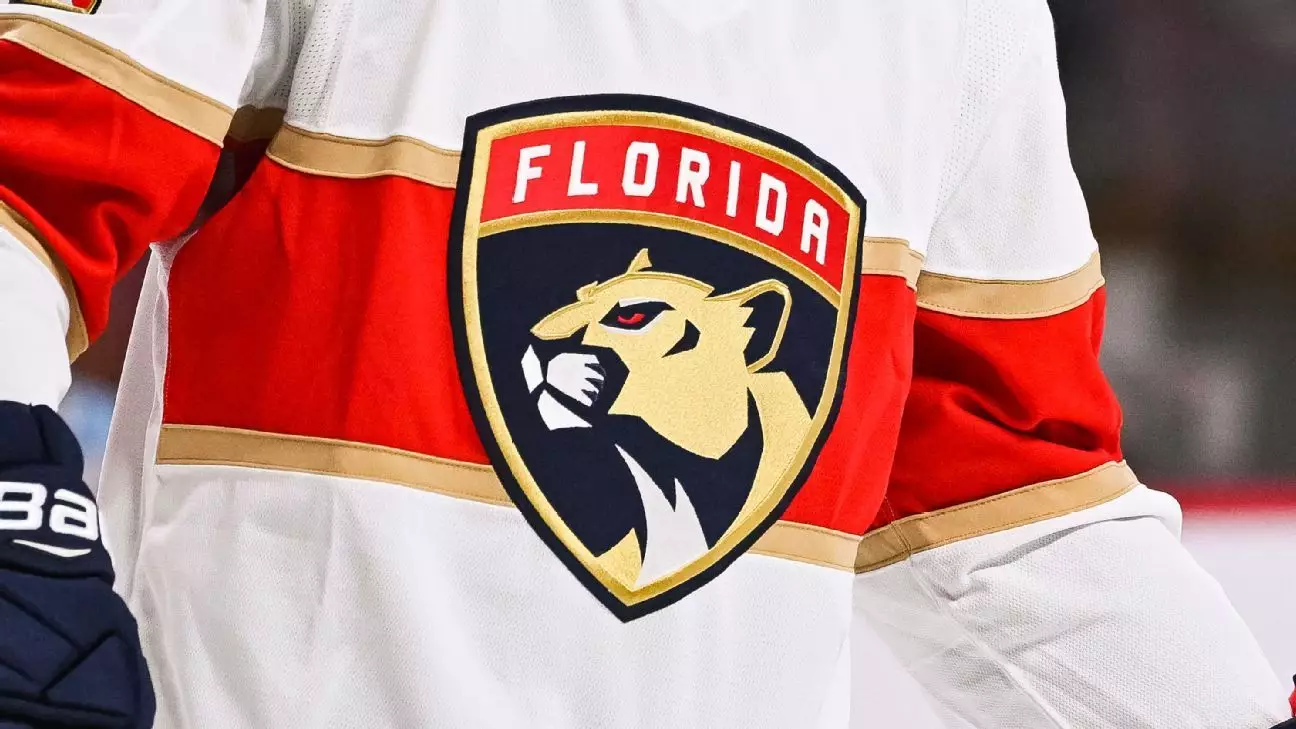Unmasking the Fallout: Cifu’s Suspension and the Impact of Social Media in Sports
In today’s digital age, where every tweet or post can instantly sway public opinion, social media has emerged as a powerful yet perilous tool, especially for those in the limelight of professional sports. The suspension of Doug Cifu, minority owner of the Florida Panthers, highlights this reality vividly. His controversial comments during an online exchange with a Toronto Maple Leafs fan spotlight how quickly a public figure’s reputation can unravel in our increasingly polarized world. For sports enthusiasts like yourself, this incident might be a reminder of why it’s crucial to understand the dual-edged nature of digital platforms.
Reflecting on this situation, I find myself pondering how well-prepared business leaders and sports executives truly are to navigate these choppy waters without steering their reputations into irreversible damage. It’s a question worth exploring because the stakes have never been higher. Platforms that amplify voices can just as easily become echo chambers of controversy. As someone who loves both cooking up new recipes and following sports drama, I find parallels between crafting the perfect dish and balancing one’s public persona—both require careful attention to detail.
Key Takeaways
- The incident underscores the volatile power of social media in shaping public perception.
- It raises questions about the preparedness of public figures to handle digital interactions responsibly.
- The importance of aligning personal beliefs with professional responsibilities is emphasized.
- Social media mishaps can significantly impact not only individuals but also their organizations.
Blurring Boundaries: Sports and Global Affairs
Cifu’s remarks on sensitive global issues, coupled with a fierce sports rivalry, illuminate the dangers of mixing personal opinions with professional roles. Sports often serve as a unifying force across political divides, yet Cifu’s comments only added fuel to an already fiery situation. Instead of using his platform for positive dialogue, he opted for inflammatory rhetoric, prompting the NHL to impose an indefinite suspension. This scenario underscores how public figures represent more than themselves; they embody their organizations’ values and must tread carefully.
The fallout from such incidents is extensive. Public figures venturing into social media aren’t just speaking for themselves; they are perceived as voices for their entire organizations. The Florida Panthers, known for their Stanley Cup success, now face challenges beyond the rink—navigating the court of public opinion due to one person’s misstep. This serves as a cautionary tale for anyone using social media professionally: your words carry weight far beyond personal expression.
The Aftermath: A Damage Control Strategy
In our fast-paced world, apologies often seem to fade into the background amidst the noise of past transgressions. Cifu’s apology came swiftly after his tweets drew widespread criticism, promising to make amends. However, one might wonder about its effectiveness given the extent of the fallout. Can acknowledging wrongdoing genuinely undo potential damage? Particularly for a thriving franchise like the Panthers, whose success could be overshadowed by controversy?
The NHL’s prompt response to suspend Cifu reflects an awareness of today’s socio-political sensitivities. While contentious issues may provoke fans, the league appears committed to maintaining an inclusive framework. Misalignments like these can alienate significant segments of their fan base—a diverse group spanning various political and cultural backgrounds intrinsic to hockey fandom.
Emotional Responses in a Heated Rivalry
The intense rivalry between the Panthers and the Maple Leafs further fueled an already heated discourse. When confronted with inflammatory comments about “headshots” versus “starvation,” Cifu had an opportunity to elevate the conversation constructively. Instead, he descended into name-calling and insults that only exacerbated tensions. In a time when sportsmanship is celebrated as a virtue, this incident highlights a paradox: while competition is spirited, personal animosities can dangerously expose societal divisions.
For fans deeply invested in their teams, such emotional exchanges might cause them to reconsider their loyalty to organizations embroiled in divisive debates. The emotional responses invoked by these discussions serve as a reminder that even in competitive arenas, there’s room for thoughtful discourse that bridges gaps rather than widens them.
The Price of Connectivity
Douglas Cifu isn’t just involved in sports; he’s also CEO of Virtu Financial, holding considerable influence in financial technology—a sector with significant social responsibility. This incident sheds light on the broader implications of digital connectivity: how quickly words—mere keystrokes—can reshape one’s operational landscape dramatically. For seasoned businessmen like Cifu, public visibility demands discretion that his recent actions lacked.
Cifu’s abrasive retorts detract from leadership qualities expected from someone overseeing both a sports franchise and a financial institution. This serves as more than just cautionary advice for those within sports—it compels us all to reevaluate how social media interplays with personal beliefs and calls for strategies prioritizing community over individual viewpoints.
Final Thoughts
The saga surrounding Doug Cifu’s suspension offers valuable insights into navigating today’s complex digital landscape. Social media has become an integral part of our lives but comes with responsibilities that can’t be overlooked—especially for public figures whose every word carries significant repercussions. For those immersed in both sports and business sectors alike, it’s imperative to recognize that connectivity brings not only opportunities but also potential pitfalls if wielded carelessly.
This incident invites reflection on how we use our platforms—for fostering division or unity—and reminds us that maintaining professionalism online is essential in preserving both personal reputations and organizational integrity amidst rapidly evolving socio-political climates.
social media
sports controversy
public relations
digital age
leadership challenges


Leave a Reply